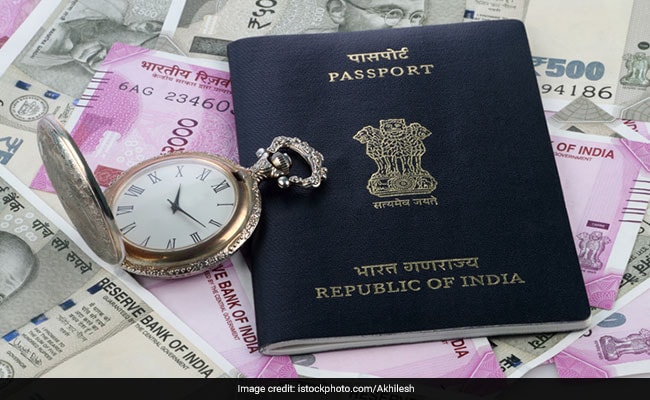251 Views
 The bill amends existing laws to grant exemptions to illegal migrants in select categories.
The bill amends existing laws to grant exemptions to illegal migrants in select categories.Here is your 10-point to the Citizenship (Amendment) Bill:
- The Citizenship (Amendment) Bill aims at providing Indian citizenship to six communities – Hindus, Christians, Sikhs, Jains, Buddhists and Parsis.
- The bill amends existing laws to grant exemptions to illegal migrants in select categories. The opposition has criticized the bill as contrary to secular principles enshrined in the constitution as it excludes Muslims.
- Reports suggest other revisions in the new bill to clearly differentiate between those who are the “illegal immigrants” and those who took shelter in India after facing religious persecution in the neighbouring countries.
- There have been protests against the move in northeastern states who are concerned about citizenship to a large number of Hindus who have come from Bangladesh over the decades.
- The bill is set to clear Lok Sabha easily but in Rajya Sabha, where the government is in a minority, the numbers are more challenging.
- The Congress, Trinamool, DMK, Samajwadi Party, Left and Rashtriya Janata Dal have opposed the bill. But parties like AIADMK may tip the balance when it comes to voting in Rajya Sabha.
- BJP’s Assam ally Asom Gana Parishad (AGP) had earlier opposed the bill when it was cleared by the Lok Sabha in 2016 and even pulled out of the ruling coalition in protest. When the bill lapsed, the AGP returned.
- BJP MPs have been asked to be present in parliament when Home Minister Amit Shah tables the bill in parliament.
- Rajnath Singh said yesterday that the three neighbouring countries were essentially Islamic nations and so it is non-Muslims and not Muslims who are at the receiving end of religious persecution there.
- “Minorities in the neighbouring theocratic countries have been subjected to continuous persecution, which forced them to seek asylum in India. Giving citizenship to six minorities is in the spirit of Sarva Dharma Sambhav,” Mr Singh said.
